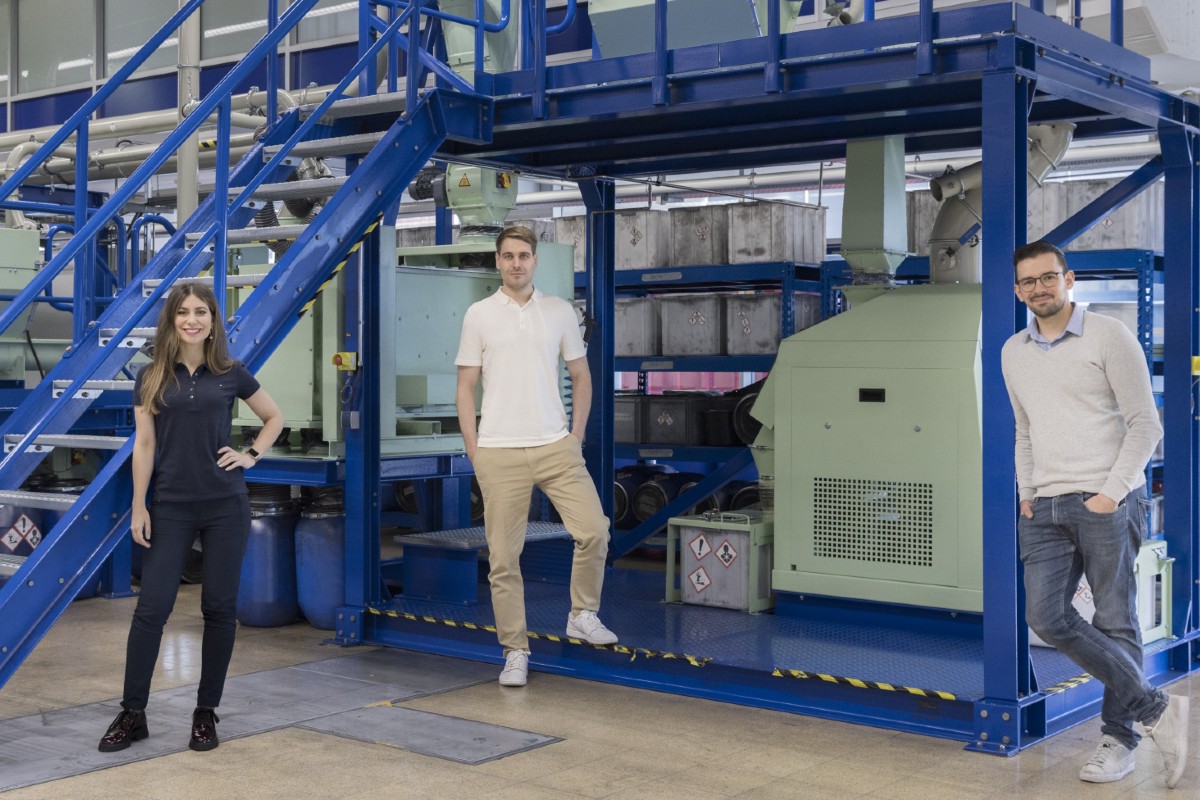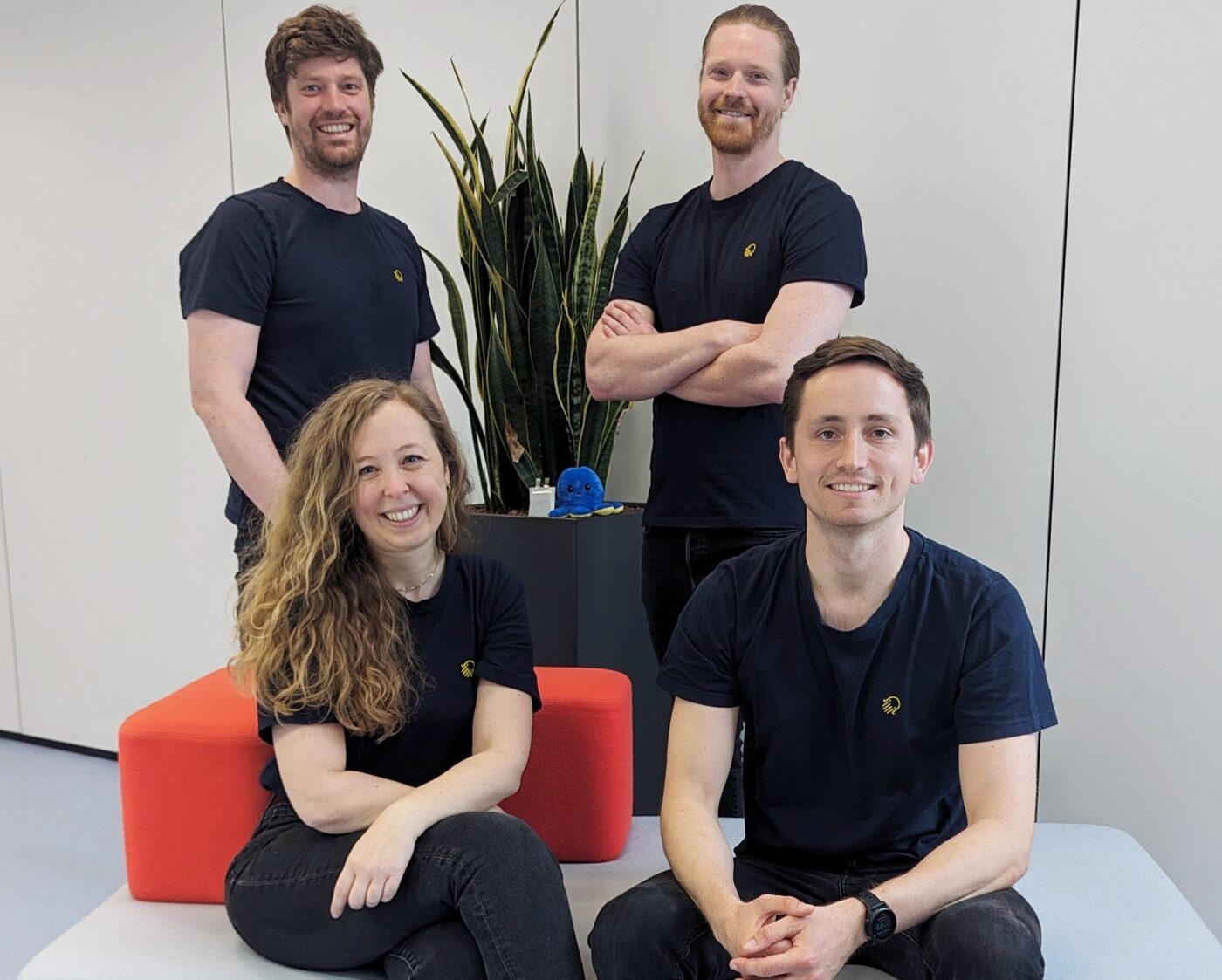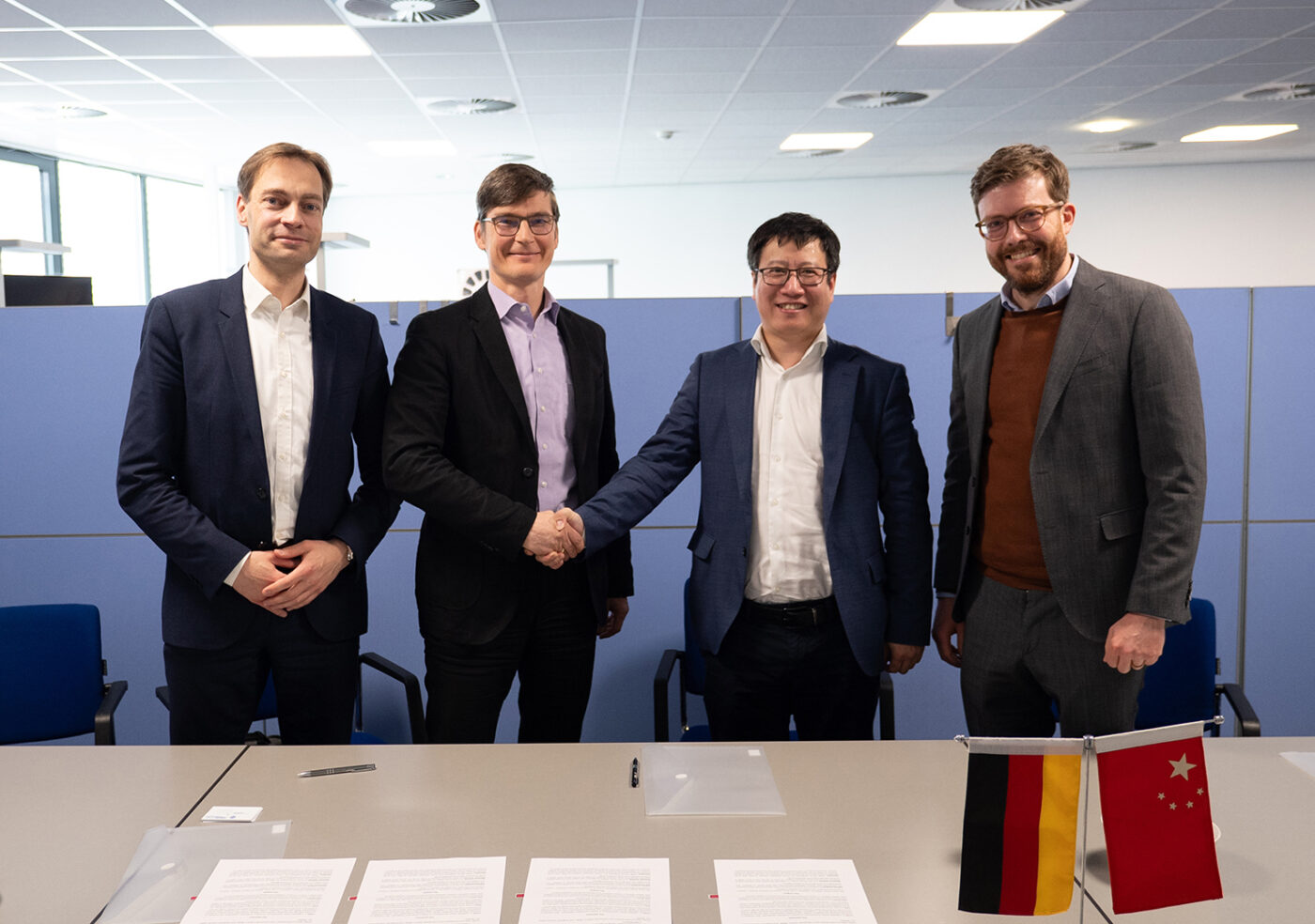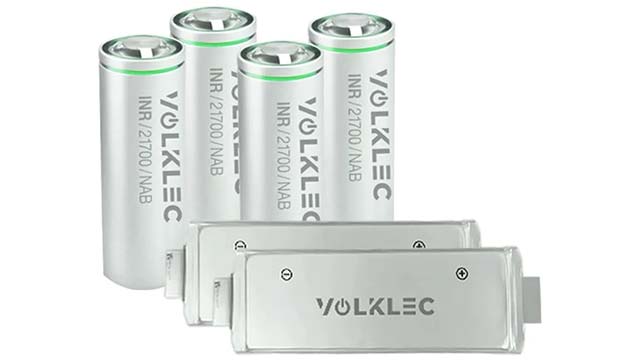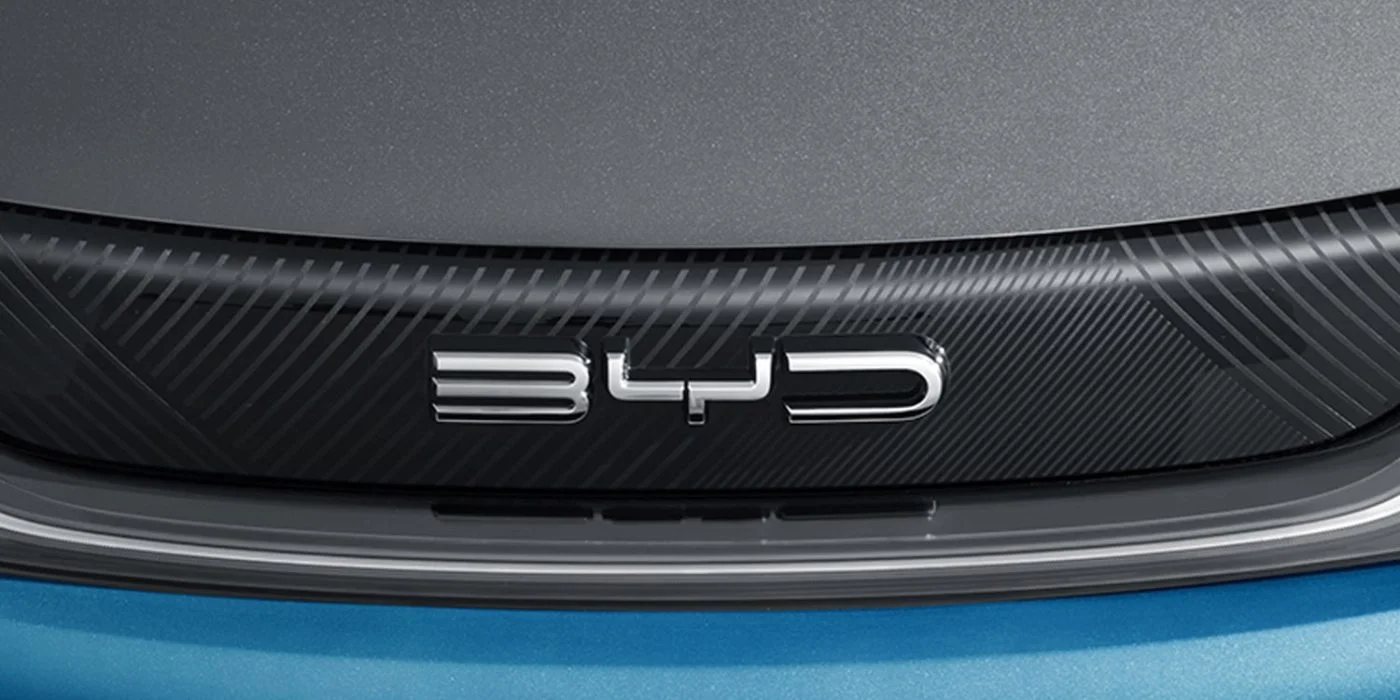Cylib, a battery recycling startup spun out of RWTH Aachen University, has successfully completed a Series A financing round, securing a total of 55 million euros. The funding will support the company’s expansion plans, including the establishment of a larger brownfield facility in Germany following an initial pilot line in Aachen.
The Series A round was led by World Fund and Porsche Ventures, with participation from Bosch Ventures, DeepTech & Climate Fonds, NRW.Venture, and existing investors Vsquared Ventures, Speedinvest, 10x Founders, and other notable business angels. Cylib describes this funding round as the largest in European battery recycling to date, achieved less than 24 months after the company was founded. It is also highlighted as the first venture co-investment from industrial giants Porsche and Bosch in Germany.
Cylib specializes in the recycling of lithium-ion batteries and has already completed projects with European and Asian automotive and battery manufacturers on a pilot-line scale. The company’s pilot line in Aachen, commissioned in September 2023, can recycle up to 500 kilograms of batteries per day.
The newly raised capital will be used to scale up production to an industrial scale, as well as to expand the interdisciplinary team. Cylib has acquired a brownfield industrial plant in Germany for this purpose, aiming to convert an existing complex rather than building a new facility on a greenfield site.
Lilian Schwich, CEO of Cylib, expressed excitement about the company’s growth trajectory, stating, “The funding round we announced today will empower us to embark on our next phase of expansion and deepen existing collaborations, as we grow our next-generation battery recycling at an industrial scale.”
Cylib’s battery recycling process, developed based on research at RWTH Aachen University, aims to recover all elements contained in batteries, including cobalt, nickel, copper, lithium, and graphite. The company targets a recycling efficiency of over 90 per cent without using any chemicals and intends to recycle the CO2 produced in the process. Compared to current hydrometallurgical processes, Cylib’s method uses a water-based process to recover lithium and graphite, reducing the ecological footprint by 30 per cent compared to competitors.

